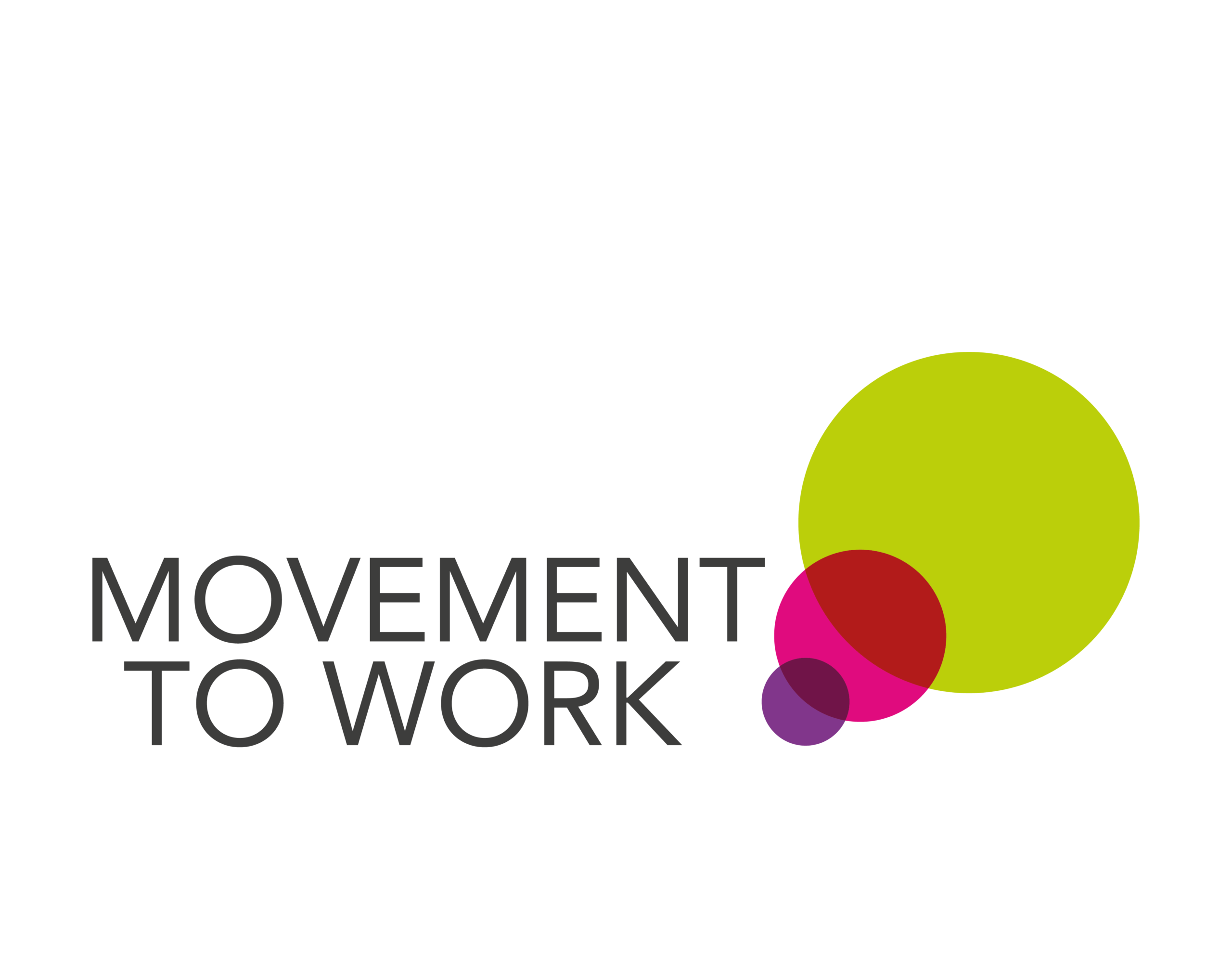As the UK continues to face the biggest squeeze on living standards in decades, having access to a secure and well-paid job has never been more important.
Inflation is stuck at 8.6% and falling real wages are impacting those in insecure and low-paid work the most. High levels of economic inactivity and long-term sickness are creating labour shortages that are slowing economic growth, and the Government is under pressure as businesses struggle to recruit.
Ahead of a likely General Election in 2024, a battleground is opening on the future of the UK labour market. The Conservative Government has pledged to build an economy to ‘deliver highly skilled roles and opportunities across all sectors’ and wants to boost pay, employment and productivity in every area of the UK by 2030 as part of their flagship Levelling Up agenda.
Labour’s New Deal for Working People aims to tackle low-paid, insecure work and provide progression into higher paying roles to escape a cycle of low-pay and insecurity.
This report provides crucial new evidence to inform these debates, shedding light on the choices and experiences of those in insecure work, and the kinds of interventions that could support them into better paid, more secure jobs in the future.
The report also finds that not only 44% of insecure workers earning less than £18,000 per year said they were in this position due to limitations, from limited jobs, poor transport, or availability of childcare. Just under half would find another job if these limiting factors were not in effect. They are also three times as likely to feel their job was at risk in the next twelve months, at 42% compared to 13% of secure workers.
